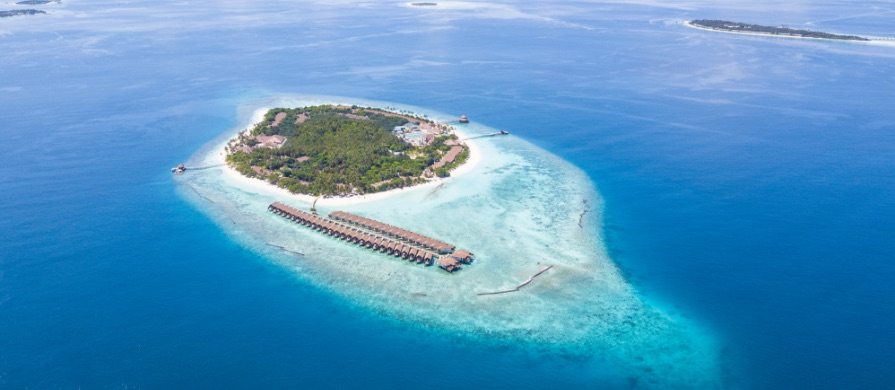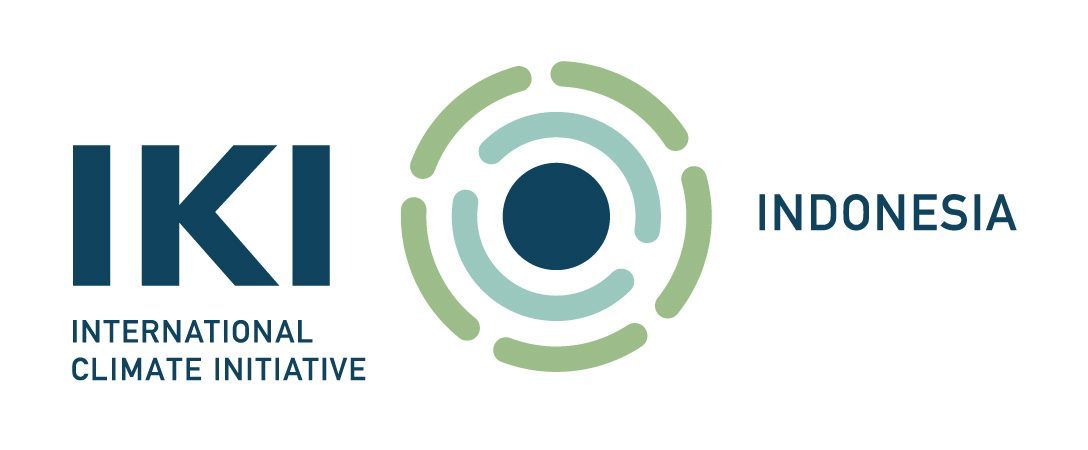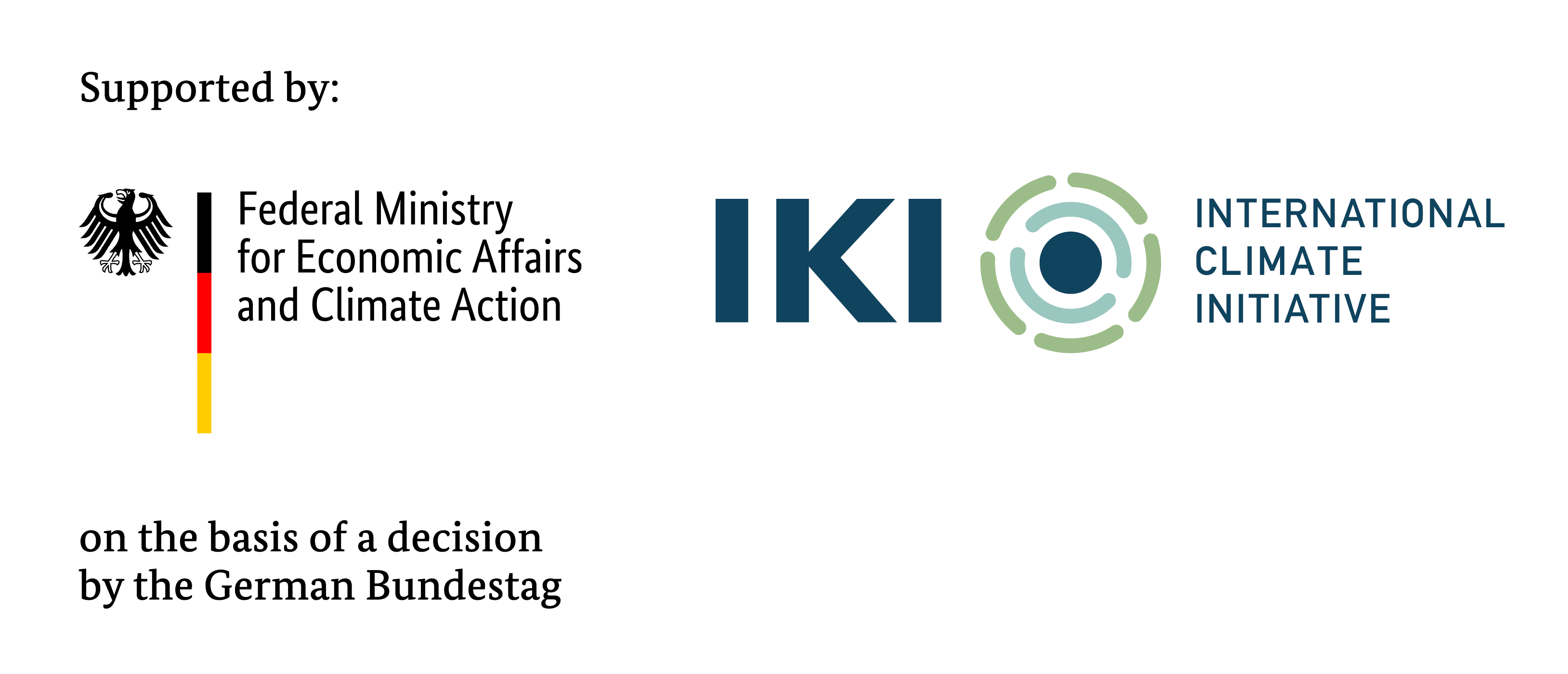Ecosystem Restoration Concessions (ERCs) granted by the Indonesian government are a conservation tool to protect biodiversity, sequester carbon stocks, conserve protected species and provide habitat for indigenous peoples. ERCs are an important instrument for sharing the benefits of nature conservation with local communities in forest areas.
- Country : Indonesia
- Project Sites : Jambi/Sumatra Tebo district Bukit Tigapuluh National Park (Riau, Sumatra) Gorontalo Province (North Sulawesi)
- Support Area : Biodiversity
- IKI Funding : 10.100.000 €
- Duration : 10.12.2013 - 30.06.2024
- Implementing Organisation : KfW Entwicklungsbank, Frankfurt Zoological Society

Policy Priorities :
Indonesian Strategic Action Plan For Conservation of Sumatran Orangutans (STRAC), Indonesian Strategic Action Plan For Conservation of Sumatran Tigers (STRAC), Indonesian Strategic Action Plan For Conservation of Sumatran Elephants (STRAC), Ministry of the Environment and Forestry Strategic Plan (RENSTRA KLHK), Increasing the effectiveness of Essential Ecosystem Management (KEE), Social Forestry Program (SF), High Conservation Value area protection (HCV), Biodiversity conservation (BIODIV) Forest rehabilitation and reforestation of ecosystems, community empowerment in conservation areas, Indonesian Biodiversity Strategy and Action Plan (IBSAP)
Policy Targets :
Reintroduction of a viable orangutan population in Bukit Tigapuluh, Protection and monitoring of the tiger population in Bukit Tigapuluh, Human Elephant Conflict (HEC) mitigation in the Bukit Tigapuluh landscape (KEE), Supporting BKSDA Jambi to protect elephant habitat outside the Bukit Tigapuluh National Park (HCV) Reforestation and rehabilitation of forest in the buffer zone of Bukit Tigapuluh National Park, Increasing the household income of members of forest farmer groups living in the buffer zone and indigenous groups living within the Bukit Tigapuluh National Park by supporting marketing non-timber products.
As part of the Bukit Tigapuluh Landscape Conservation program 205 orangutans have been rehabilitated and reintroduced in Bukit Tigapuluh, with the aim to establish a viable orangutan population. Monthly joint tiger and habitat monitoring patrols have been established in cooperation with the Bukit Tigapuluh National Park. 46 Community scouts have been trained equipped and patrols have been set up to mitigate human elephant conflicts on a daily basis. 328 local farmers have been organised in 28 Community Based Conflict Mitigation (CBMC) groups and trained in elephant conflict mitigation techniques. Five elephant groups (with around 100 elephants) were tagged with GPS collars to obtain data on the elephants’ movements for an early warning system to predict and prevent elephant conflicts. Forest farmers from 5 communities in the buffer zone of the Bukit Tigapuluh National Park receive ongoing training and support in the production of non-timber forest products (Vanilla, Robusta coffee, cacao, pepper, cardamom, fruit trees) as a means to increase household income. In addition to generating income, the planting of mixed agroforestry crops also prevents conflicts between elephants and humans, as elephants prefer palm monocultures as fodder. In the southern buffer zone of Bukit Tigapuluh National Park, a training centre for agroforestry was established as a demonstration plot and as a training hub for small holders in environmentally friendly agroforestry.
Relevant Links: https://www.international-climate-initiative.com/PROJECT693-1


